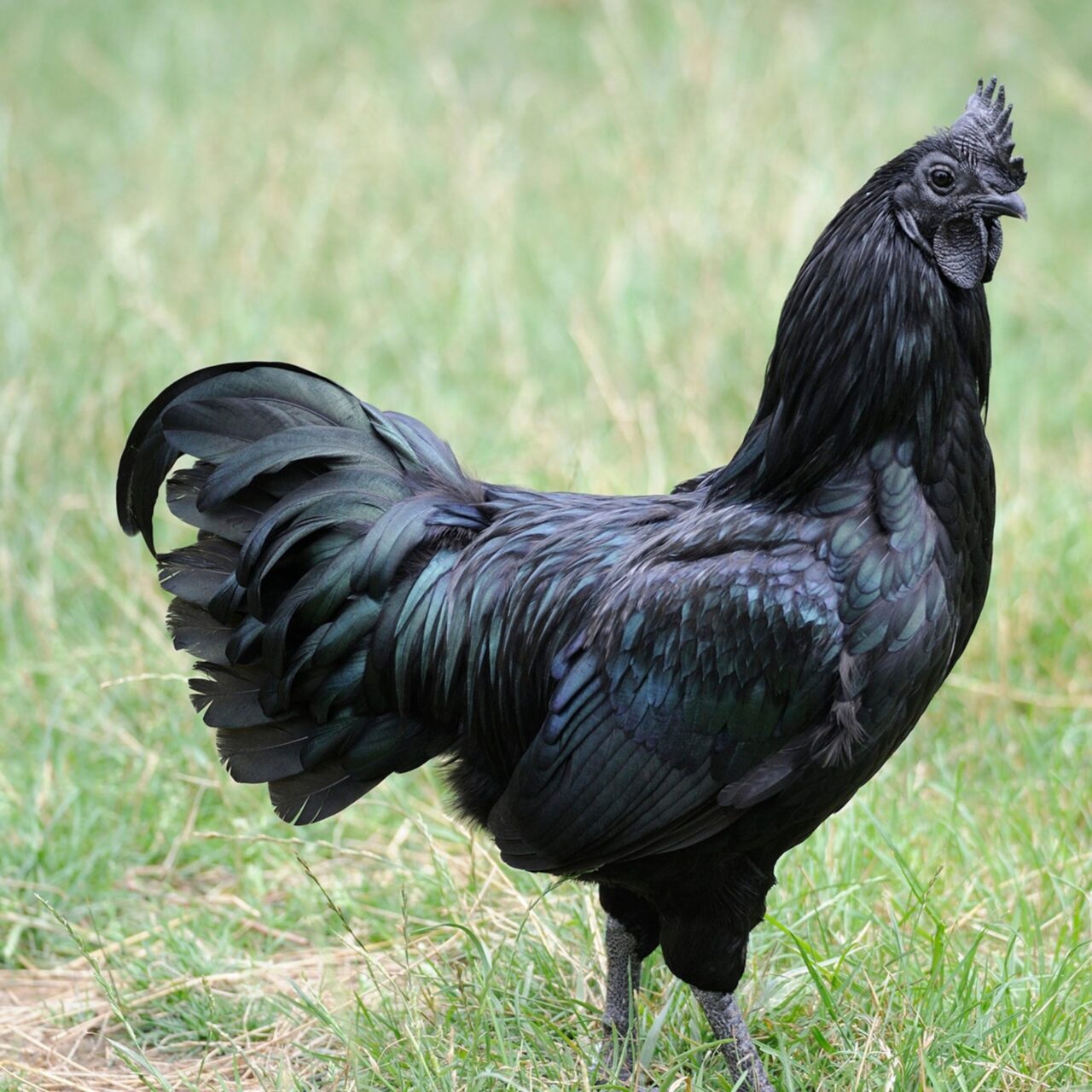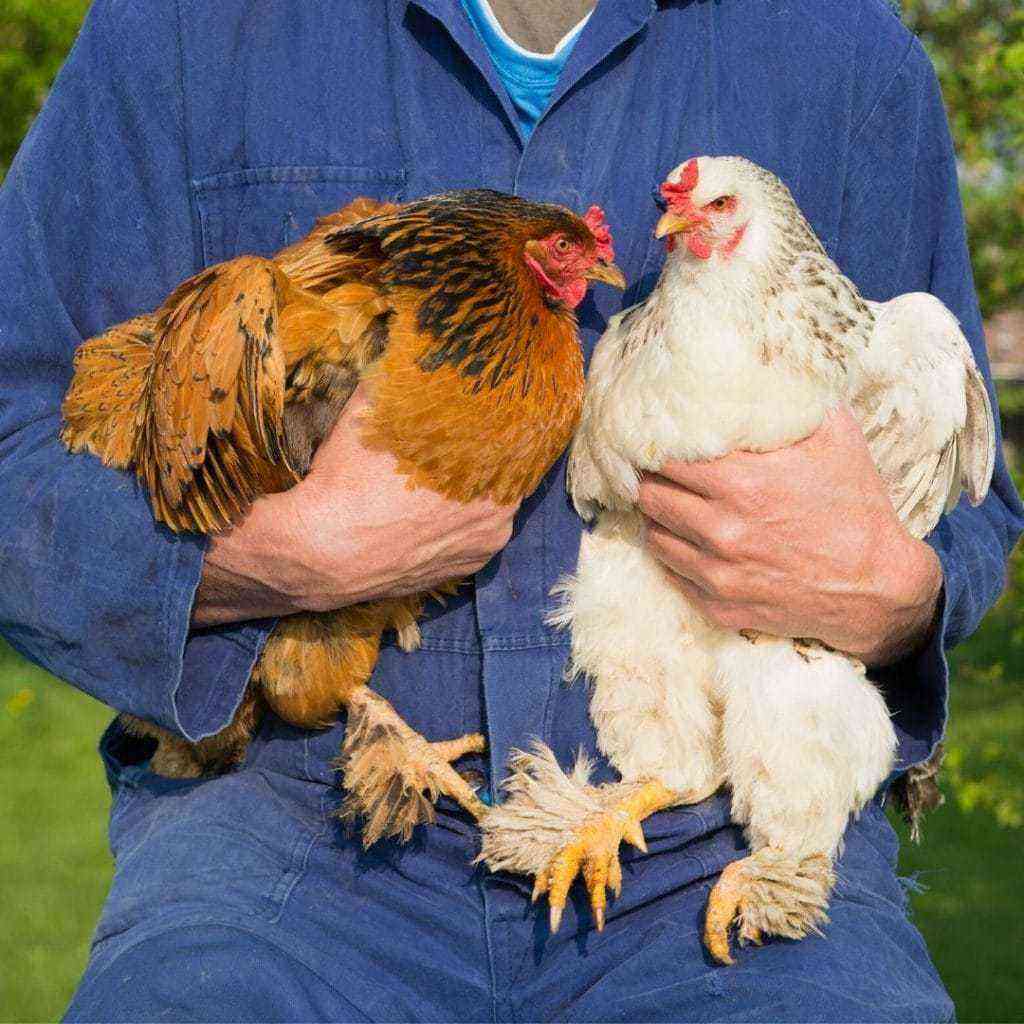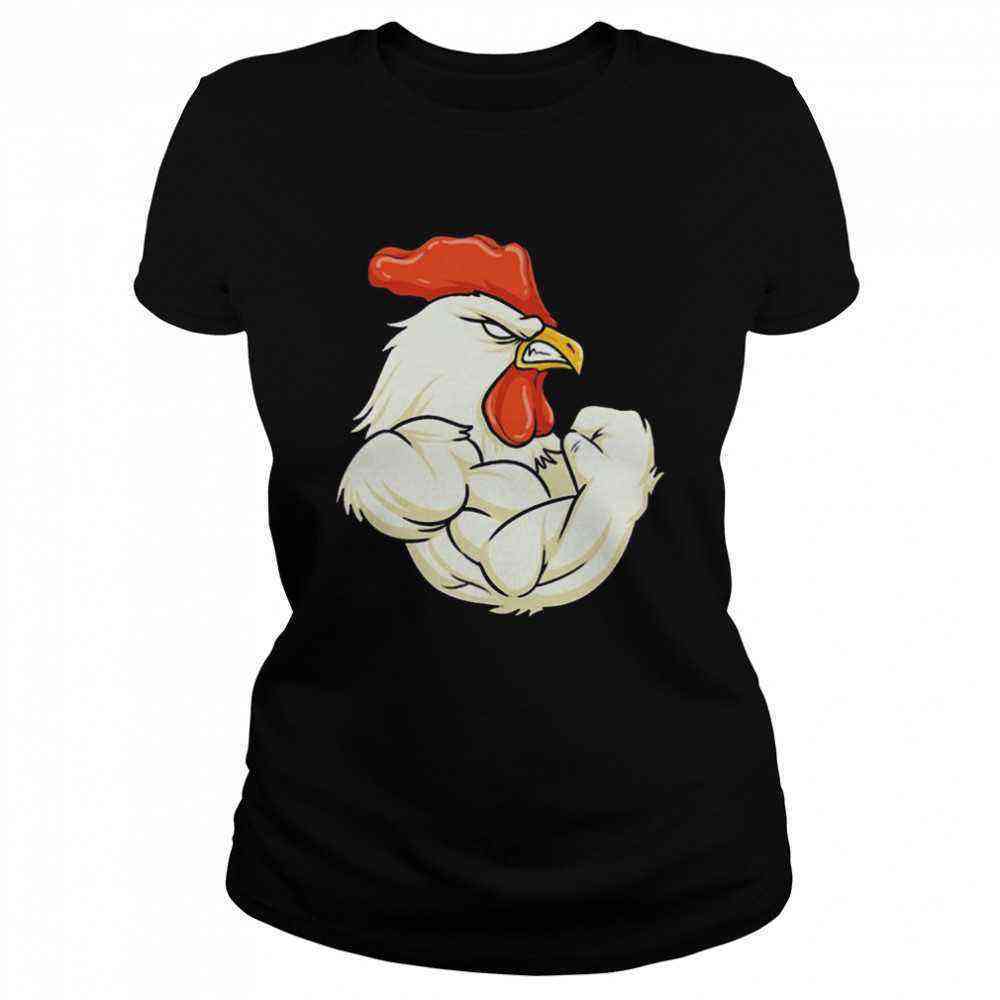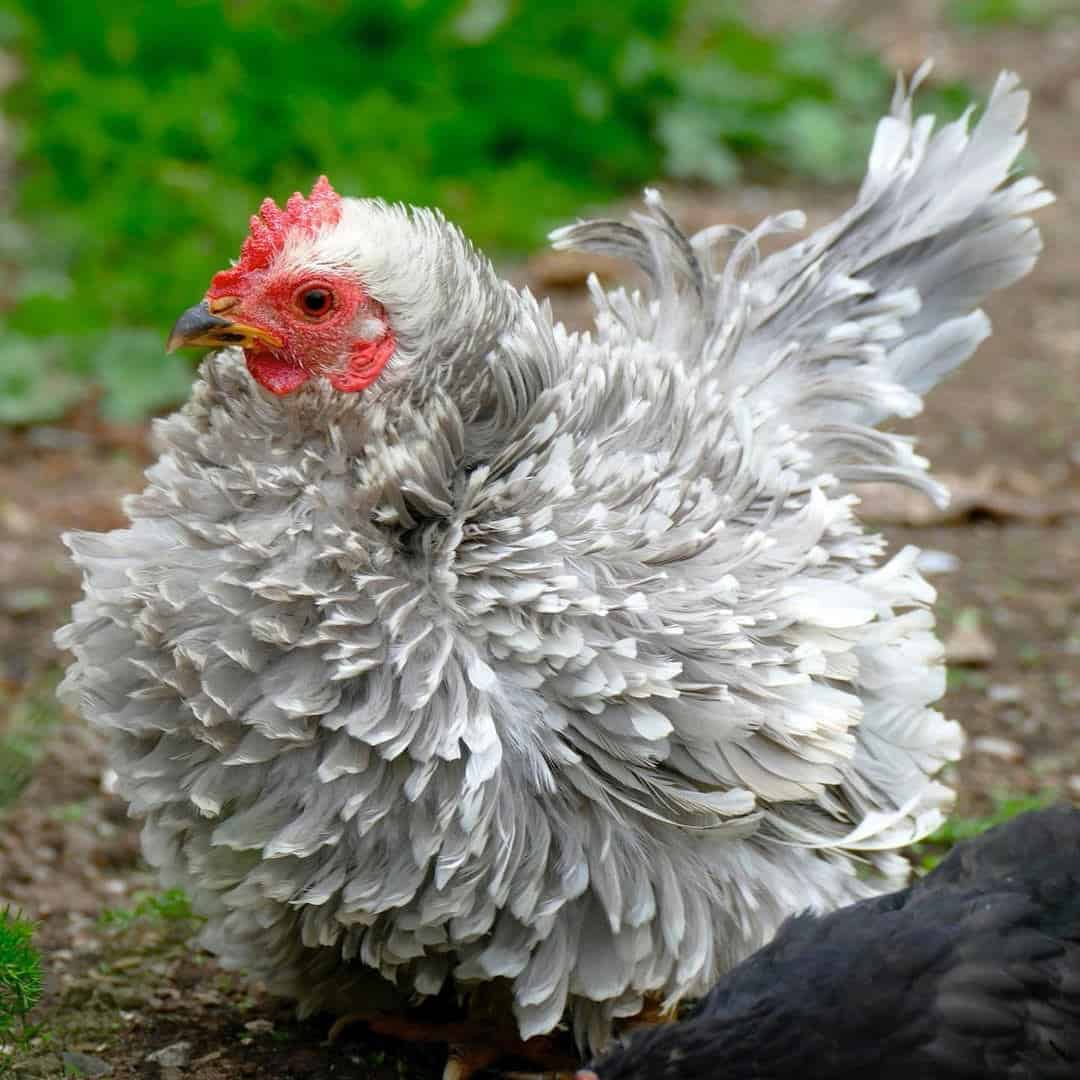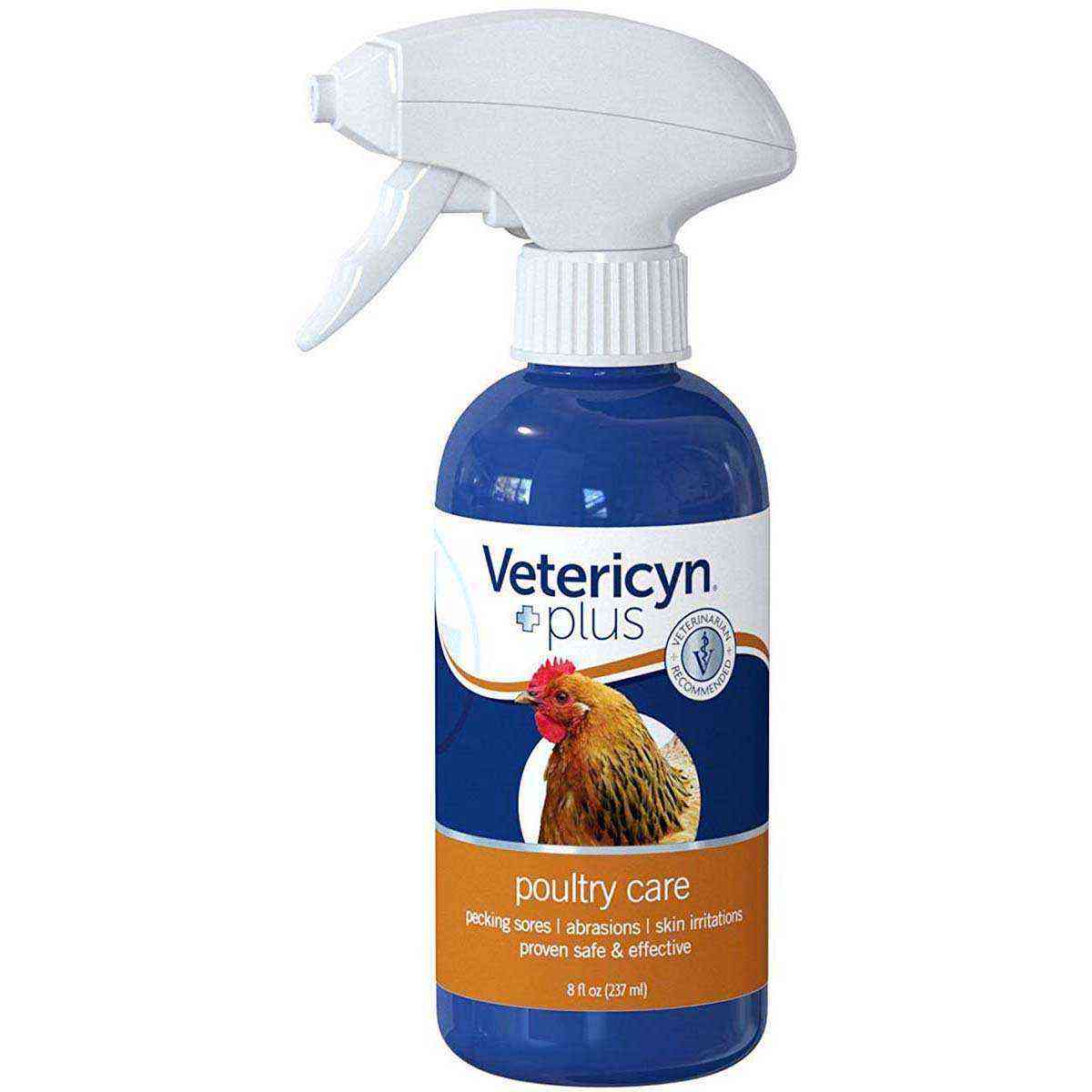Improper maintenance and feeding of chickens leads to liver problems. It is not uncommon for feathered pets to suffer from hepatic lipidosis or fatty liver. It can be congenital, or appear as a result of a violation in the body of an individual in the metabolism of fats. This disease is quite dangerous and, first of all, it affects the productivity of chickens, their egg production. Therefore, it is very important to diagnose laying hens from time to time in order to identify the disease in time and cope with it, without leading to complications and death.
There are several causes of hepatic lipidosis in birds. The main one is the high fat content in foods fed to chickens. A large concentration of fat is very difficult for the body to process, so most of it is deposited in the body.
The second reason for fatty liver is frequent feeding of poultry. The body cannot digest a large amount of food, which leads to the deposition of grain in it. And not only the liver suffers from this, but also other organs.
Another cause of such disease in chickens is thyroid disease. In feathered pets, food metabolism is disturbed, controlled by the “thyroid gland” and after some time fat slowly accumulates in the body.
Hepatic lipidosis can occur due to exposure of chickens to chemicals, if there are any on the plot and the bird came too close to them. The most dangerous for feathered pets are phosphorus, aflatoxins, arsenic and chloroform. Because of them, the liver can stop working altogether.
By external signs, it is quite difficult to determine that the bird is sick. She continues to actively walk around the yard, looks great. However, there are some symptoms of chicken disease that will reveal a fatty liver. First of all, this is a decrease in productivity, egg laying. Also, feathered pets gain excess weight, their earrings and comb turn white, become larger.
If a poultry farmer has detected hepatic lipidosis in his birds, treatment of chickens should be started immediately, as the disease develops rapidly and it will become more and more difficult to save the individual every day. The main thing that needs to be done is to include in the diet of feathered pets special fat-free foods enriched with trace elements and vitamins, which will allow you to quickly and effectively cope with the disease.
In the treatment of fatty liver in chickens, drugs such as inositor, methionine, lecithin and other similar drugs can be used.


